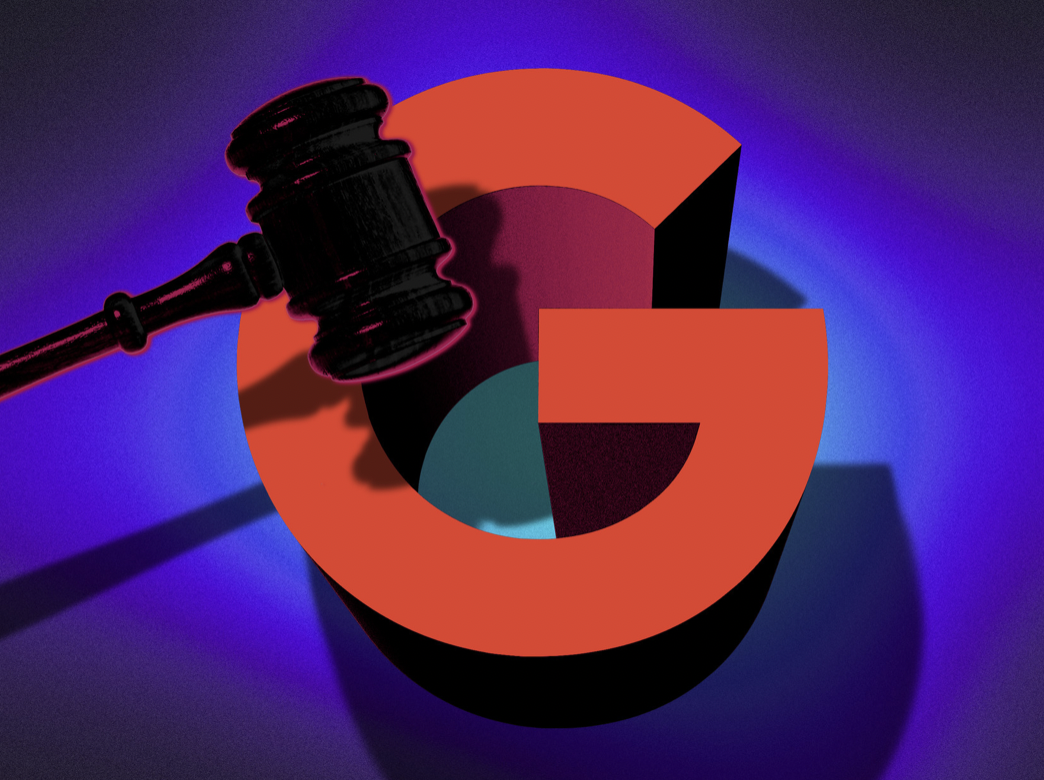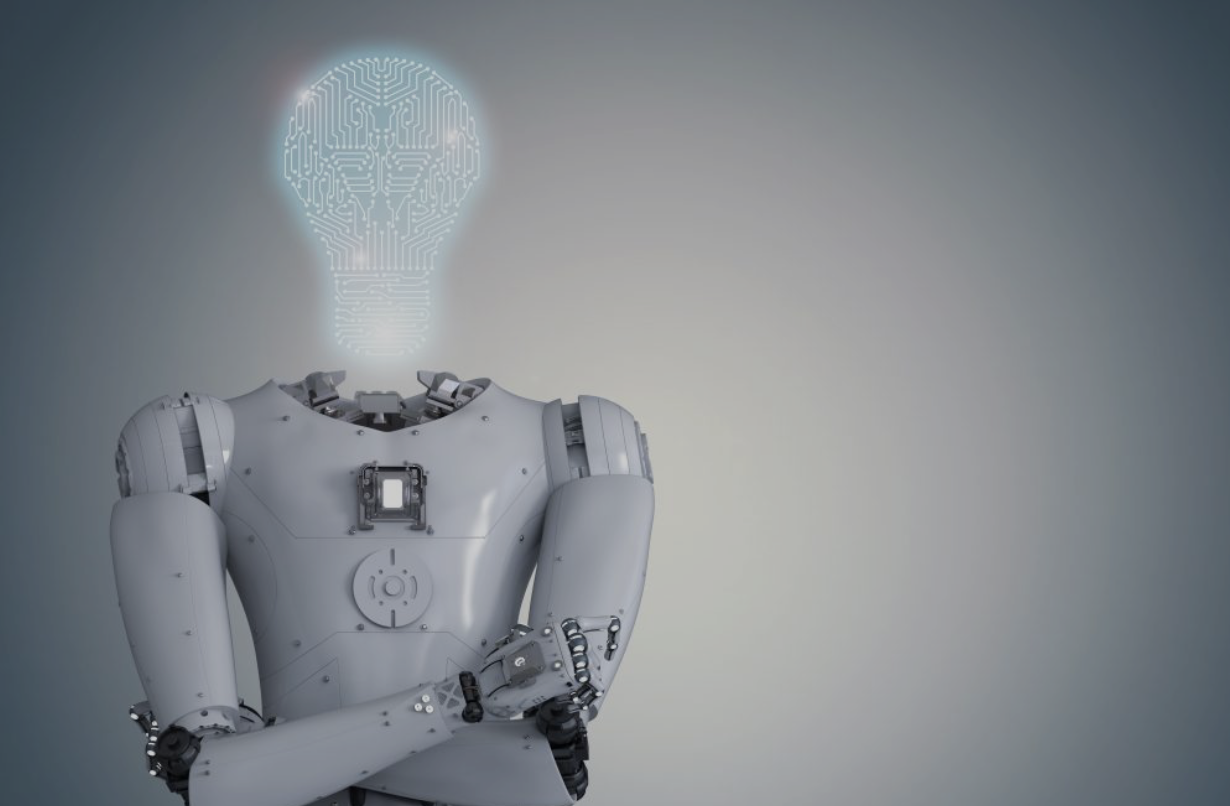Google Backs Emerging AI Companies in Copyright Talks

In the ongoing discourse surrounding generative AI, the US Copyright Office’s inquest into the realm of AI and potential adaptations in copyright legislation has drawn interest from various big tech entities. These include giants like Meta, Google, and Microsoft, as well as emerging AI companies like Stability AI and Anthropic. The Verge, acting as a hub for collecting divergent viewpoints, reports a broad consensus among these AI companies—namely, their stance against remunerating copyrighted content for AI training purposes.
Anthropic, embroiled in a legal battle with music publishers over alleged copyright infringement in its Claude chatbot, defends the use of copyrighted material in AI model training. Citing a collection of instances that uphold the argument that copying copyrighted content as an intermediate step for creating non-infringing outputs is permissible under fair use, Anthropic maintains a conviction that AI model training aligns with the transformative essence and societal value fostered by the fair use doctrine.
Similarly, Stability AI, entangled in legal confrontations with Getty Images and visual artists, echoes the sentiment of fair use in AI model training. The company deems AI training as a socially beneficial and transformative use of existing content, aligning it with the objectives of copyright law.
Contrastingly, Google attempts to elucidate an analogy, likening AI training to the process of reading a book and acquiring information and concepts from it. The search engine behemoth posits that AI training not only does not infringe on copyright but serves the very purpose of copyright law.
However, amidst these contentions, Google also acknowledges its partnerships with Universal Music Group and musicians, marking an interesting dichotomy in their stance regarding AI and copyright usage.
In anticipation of contrasting opinions from music industry rightsholders and bodies, this comprehensive study seeks to explore their perspectives regarding the fair-use claims posited by these AI entities. It anticipates a considerable disparity of opinions between AI companies and music industry stakeholders, paving the way for robust debates and discussions as these submissions come under the Copyright Office’s scrutiny.



